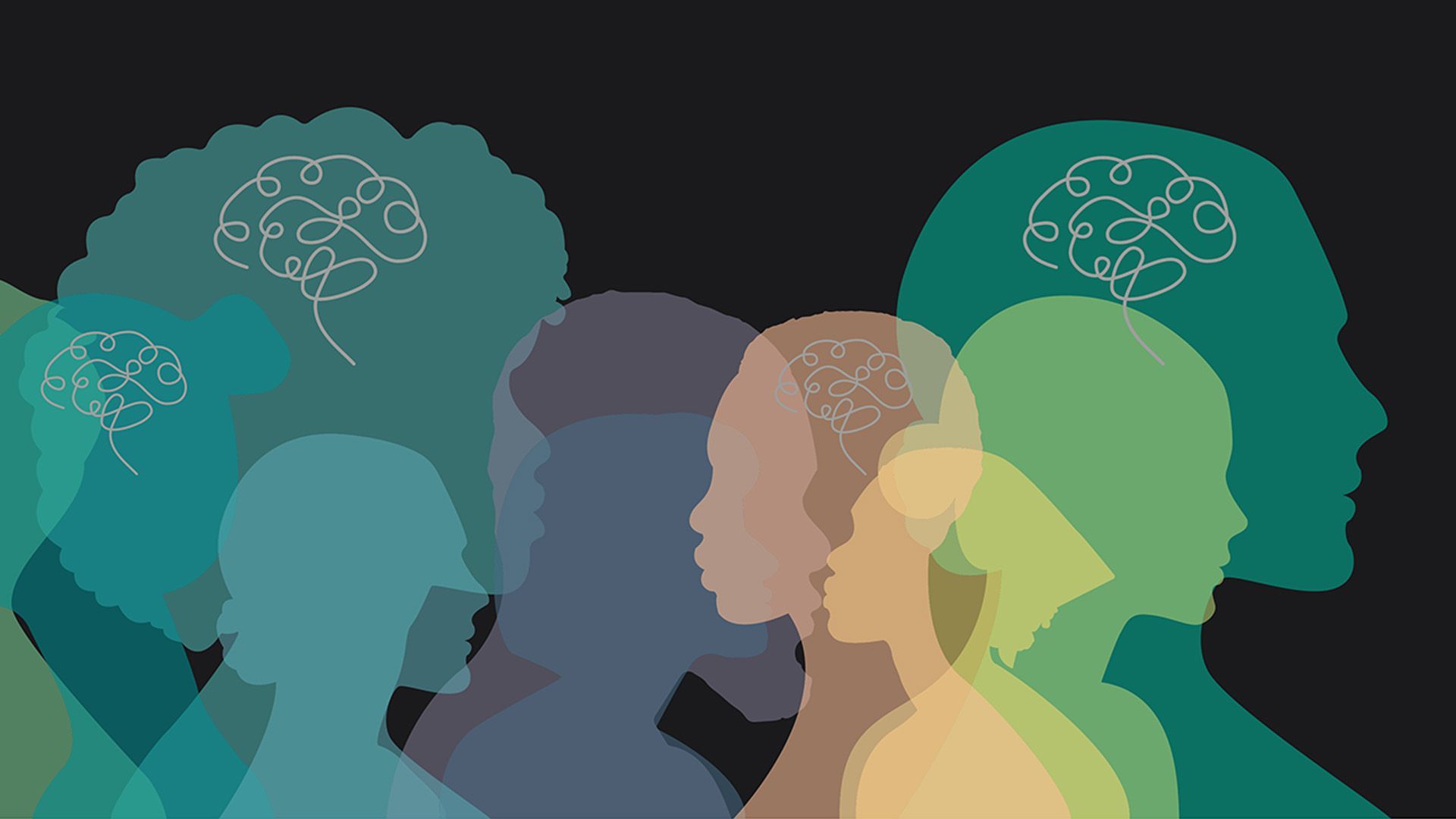When all else fails: A psychiatric treatment option for suicidal patients
Caution and hope in therapeutic ketamine
Initially identified in the early 1960s for its anaesthetic properties in veterinary use, ketamine is now listed among the World Health Organization's List of Essential Medicines. It has also been abused for its properties over decades. With a balanced view and cautious approach, ketamine can have potentially lifesaving applications in psychiatric medicine.
Psychiatrist Dr Bavi Vythilingum practises at Netcare Akeso Kenilworth and Ukukhanye Wellness, a psychiatrist-led ketamine clinic that focuses on evidence-based ethical ketamine treatment.
She emphasises its usefulness for certain patients but also warns healthcare practitioners and the general public about misinformation and inappropriate use of the drug. “Ketamine is a pharmacologically novel treatment with proven efficacy in major depressive disorder. It is one of the first non-monoaminergic treatments, which means not involving the balance of hormones such as serotonin or norepinephrine.
“There are major safety concerns when it is used irresponsibly or illegally, even in controlled, licensed psychiatric settings. It is essential that it is only ever administered in line with the clinical guidelines to appropriate patients where all else has failed to bring relief to treatment resistant depression or bipolar depression, suicidality, or post-traumatic stress disorder.”

Dr Bavi Vythilingum
Dr Vythilingum points out that fewer than 15% of people with treatment-resistant depression achieve remission with mainstream antidepressant therapies. “When there is suicidal intention, particularly, the threat that it poses to life may, for some individuals, require novel therapies such as ketamine to be considered.
“However, it cannot be overemphasised that there are dangers and potential for adverse risks and, like any medication, in the wrong hands it can be potentially life-threatening. Ketamine stimulates the heart to beat faster and can increase blood pressure which may, for example, trigger heart attacks in predisposed individuals.”
Over time, ketamine use is also associated with adverse symptoms affecting the lower urinary tract and genitourinary toxicity, such as potential kidney damage. It is also not safe for use during pregnancy or breastfeeding.
“When ketamine is clinically indicated for a specific patient, and administered by a suitably qualified medical professional, it is important to monitor the person’s cardiovascular status and ensure advanced cardiac life support is on hand in case of an emergency.”
The patient should also be professionally supported by a suitably trained and experienced psychiatrist as there is a low risk of psychosis. At higher doses, sometimes used for anaesthesia in emergency settings, dissociation may occur.
“It is interesting to note, however, that dissociation is not necessary to achieve the antidepressant effects of ketamine. This is supported by a growing body of international psychiatry research,” Dr Vythilingum says.
Although it is short-acting, the person’s cognitive functions may be impaired, and they should not drive until the following day – hence transport must be arranged for after the treatment.
“There are various routes of administering ketamine. For treatment resistant depression there is unequivocal, rapid significant efficacy with intravenous infusion in the short to medium term. Independent of ketamine’s effect on depressive symptoms, patients also experience rapid reduction of suicidal thoughts and behaviour, and this therapeutic effect may persist up to six weeks with repeat dosing.”
Ketamine’s recreational use for its psychedelic effects raises pertinent concerns about its risk for abuse, and this is where patient selection is key. “It is important to note that there is no evidence to suggest increased risk for substance use disorders following therapeutic ketamine psychiatric treatment.
“Ongoing mental health support, including psychiatric management and follow-up for patients with mood disorders, must be considered as an essential part of the treatment plan. Ketamine does not appear to offer long-term relief and further options may need to be considered as part of the multifaceted and often life-long journey of people who suffer from treatment resistant depression and other persistent mental health disorders,” Dr Vythilingum concludes.













